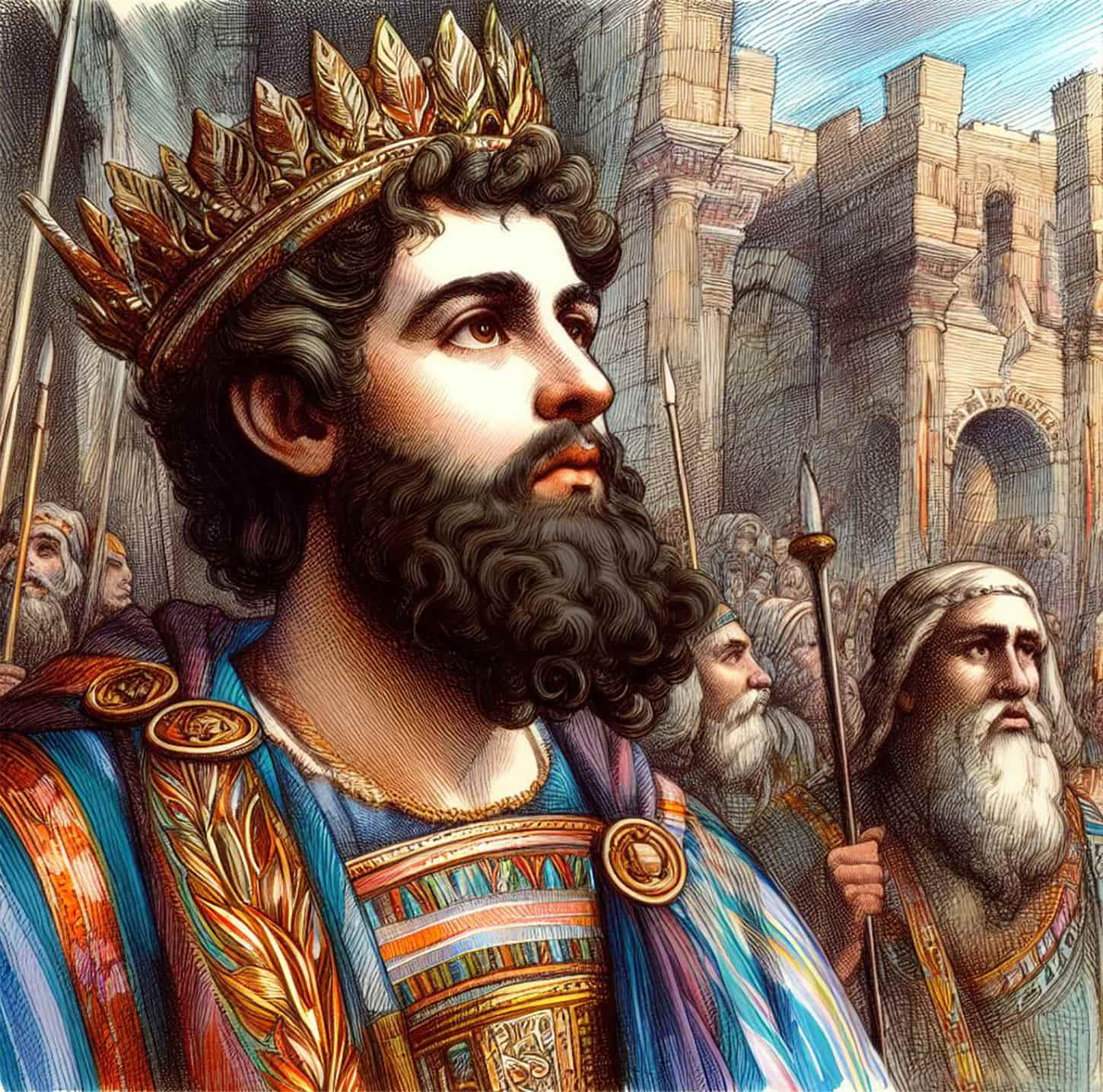The Mystery of King Arthur's Age: How Old Was He When Crowned?
The image of King Arthur, the legendary ruler of Camelot, wielding Excalibur and battling for justice, has captivated imaginations for centuries. Yet, for a figure so deeply ingrained in our collective consciousness, surprisingly little is definitively known about him. His very existence is debated by historians, with some suggesting he is purely a product of folklore, while others believe him to be based on a real leader from Britain's tumultuous past. This lack of concrete evidence extends to many aspects of his life, including one particularly intriguing question: how old was Arthur when he became king?
While historical records remain frustratingly silent on this matter, the stories and legends passed down through generations offer some potential clues. The most famous account, Sir Thomas Malory's "Le Morte d'Arthur," describes Arthur unknowingly pulling the magical sword Excalibur from the stone, fulfilling the prophecy and proving his right to the throne. This event, often depicted with Arthur as a young man, implies a relatively youthful ascension to power.
However, other versions of the legend paint a more nuanced picture. Some tales suggest Arthur spent his early years unaware of his true lineage, raised by the humble Sir Ector. In these narratives, his rise to kingship occurs later, after proving himself through bravery and leadership. The age at which he discovers his heritage and claims his birthright varies between interpretations, further deepening the mystery.
The lack of a definitive answer allows for fascinating speculation and fuels the enduring allure of the Arthurian legend. Was he a youthful, idealistic leader thrust into a position of immense responsibility, or did he assume the mantle of kingship after years of preparation and experience? The answer, lost to the mists of time, ultimately lies in the eye of the beholder. Each generation is free to envision its own King Arthur, shaped by the stories that resonate most deeply within them.
Beyond the historical debate, the question of Arthur's age at his coronation holds significant symbolic weight. A youthful king often embodies themes of innocence, idealism, and the promise of a brighter future. This archetype resonates strongly in times of uncertainty or when people yearn for change. On the other hand, a more mature ruler, seasoned by experience, suggests wisdom, stability, and a steady hand guiding the kingdom. Both interpretations offer compelling narratives with powerful thematic implications, adding further depth and complexity to the Arthurian legend.
Ultimately, the true magic of King Arthur lies not in pinpointing exact dates or historical facts but in the enduring power of his story. He represents courage, justice, and the pursuit of a better world – ideals that transcend time and continue to resonate with audiences centuries after his legendary reign. Whether a young king finding his way or a seasoned leader assuming his rightful place, Arthur's impact on our collective imagination remains undeniable, reminding us of the enduring power of storytelling and its ability to inspire and challenge us, regardless of the age we discover these legends.
Level up your powerpoint game the power of transparent icons
Understanding government pay scales
Locking gas caps tiny guardians of your tank














